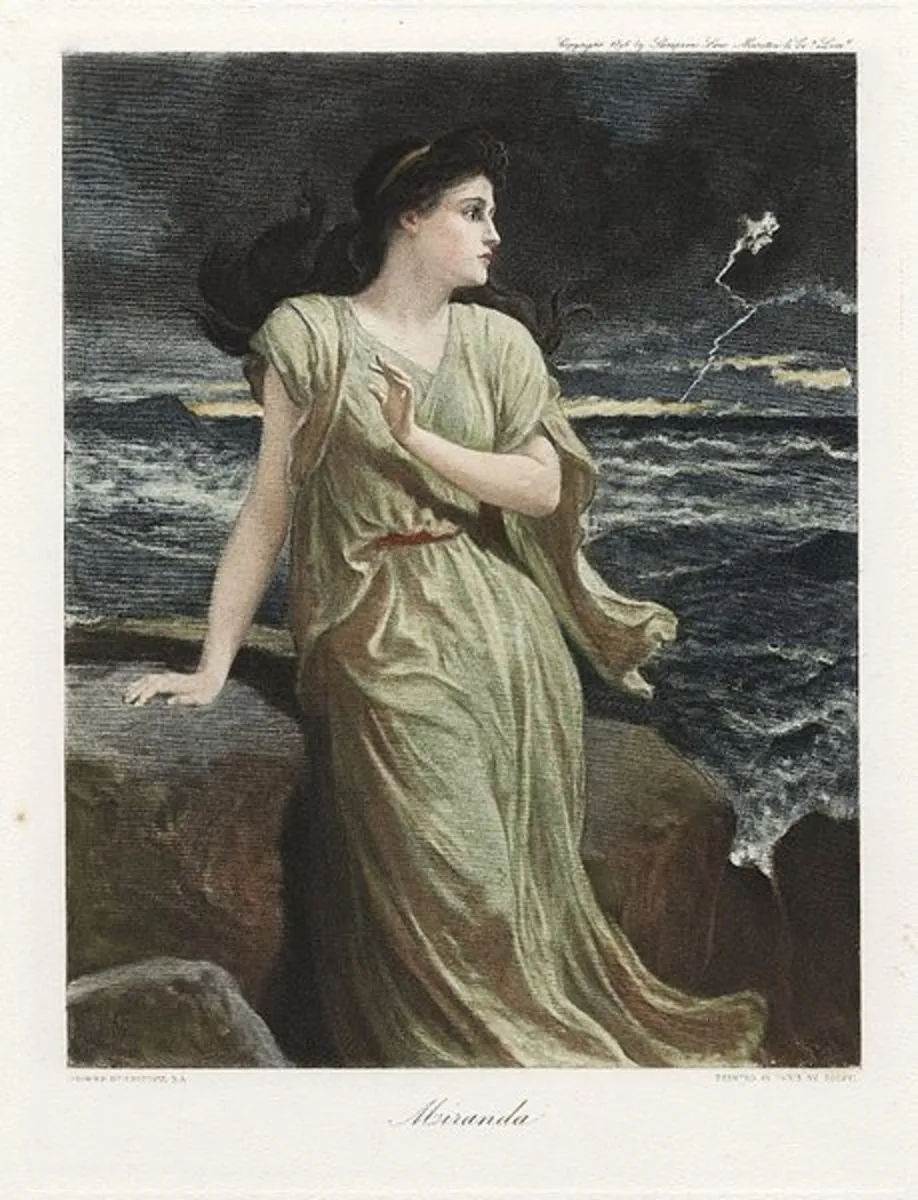Why do I still love William Shakespeare?
Does ‘something wicked this way come’? Or should ‘this thing of darkness I acknowledge mine’?
There’s beauty in those verses, and it’s nearly unmatched in the 400 odd years since they’ve been written. But at the end of the day, William Shakespeare is a dead white dude, who is so far removed from our modern context, which begs the question: Why do I still love him?
For full transparency, I really should let you know I teach literature to high school students. Yes, my syllabus documents demand that I must teach Shakespeare. My students often ask, ‘But why?’ – and the answer has to be more than, ‘because the teaching people said so’. The easy answer that I throw out then, is that it’s because his texts are universal: we still love, despair, seek revenge, have ambition and so forth, and so we learn what it means to be human – after all, the core of what makes us human hasn’t changed despite the context shifting.
And it’s at that point I realised: Shakespeare helps us understand the shifting context, and allows us to clearly see how new perspectives have emerged in the world, and why.
Take for instance, ‘The Tempest’ – Shakespeare’s final play, and autobiographical in nature. It teaches us about revenge and forgiveness, and it sheds light on concepts of power. It could be argued that it is a delicious piece which ultimately has us feeling like the world is a good place, as order is restored as Prospero destroys his magical staff and returns home from his twelve years of exile, having forgiven his treacherous brother and forgiven himself.
But, if we stop here, we accept the treatment of women in the play is acceptable. This is where Shakespeare’s power exists 400 years later – in the opportunity to question the context, and to see how perspectives have shifted.
- The only female present in the play is the 12 year old Miranda.
- A ‘savage’ from the island seeks to violate her, and to ‘people the island’ with little Calibans.
- When the play’s love interest (Ferdinand) arrives, the first thing he enquires of Miranda regards her sexual purity.
- Miranda is the puppet of her father; he pulls the strings and she enacts his will – taking part in his plan without knowing her role or questioning her own future.
- In the final moments of the play, Ferdinand is reunited with his father, Alonso – and when Alonso asks who Ferdinand is with, Miranda is thereafter introduced as his wife and she remains silent – literally in the dialogue of the play, figuratively outside of the text, accepting her role.
As Prospero gives his final soliloquy to the audience, we applaud him and embark on the questioning of the play’s perspectives.
